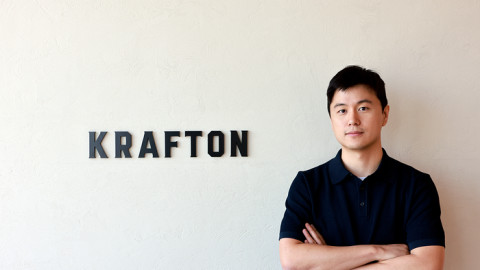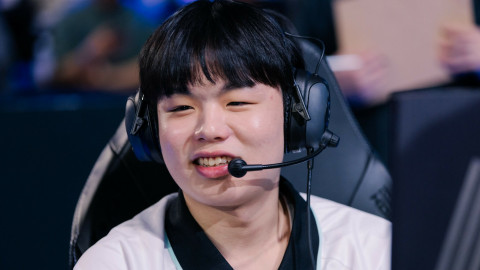
Following similar pattern to the North American League Championship Series, which undergone significant changes for the 2018 season, the European LCS will be restructured for 2019, which includes revenue sharing, an increase in minimum player salaries, and the implementation of a franchising system, according to a report from ESPN.
Organizations willing to participate in the new system will however need to disburse a significant amount, which ranges from €8 million (approximately $10 million) for teams currently participating in the league to €10.5 million Euros (approximately $13 million) for new organizations entering the league.
As comparison, organizations willing to enter the NA LCS had to pay between $10 million (current teams) and $13 million (new teams) to guarantee their spot, which led to four new sides joining the league, 100 Thieves, Golden Guardians, Clutch Gaming, and OpTic Gaming – with the first three having significant financial ties to NBA franchises such as the Cleveland Cavaliers, Golden State Warriors and Houston Rockets.
Something similar can happen in Europe, as according to the report, “Riot has received interest from several soccer teams in multiple European countries,” and many of those plan to attend the next big international League of Legends events taking place on European soil in the upcoming months – the EU LCS Spring Final in 2 weeks in Copenhagen as well as the 2018 Mid-Season Invitational in Berlin and Paris in May.
However, to be admitted into the league, existing organizations and outside parties will go through a lengthy application process that will last until December, when the publisher will finally announce who made the cut.

Despite the high admission costs, Riot Games is willing to lure existing teams as well as endemic organizations with an attractive revenue distribution plan, whose “pool will be comprised of money made from league sponsorship and media rights (such as a $300 million BAMTech deal with Riot in 2016) as well individual team sponsorships and merchandising revenue”, according to a document provided to ESPN.
The system will work in a similar way as in North America, with players receiving 35% of the total revenue, which will help funding part of their salaries. Moreover, the minimum compensation for players will receive an increase of almost 150%, from the current $29,791 to $74,749 in 2019.
"One of Europe's greatest strengths as a region is our ability to nurture and develop new talent," reads the document. "Part of the 2019 structure will include a player development platform that will be essential for providing aspiring pros with the support they need to grow into star players and well-rounded individuals. We're currently working through a few different options and we'll be able to share an update on our plans once they're locked in."
Moving further, 32.5% of the revenue will be allocated to teams, with some of the money being equally distributed between all organizations and the rest based on metrics such as final placement and fan engagement. Finally, the remaining 32.5% will be used by Riot itself, to cover broadcast production, live event and other costs.
Those are surely welcoming news for a league plagued by financial problem during the last year, which saw some of its best players leaving for its sister league in the other side of the Atlantic, lured by the prospect of much higher salaries. Two organizations currently competing in the EU LCS, the Unicorns of Love and H2K were particularly outspoken about the lack of support given thus far, while four other, powerhouses G2 Esports and Fnatic as well as Splyce and Misfits – which are both based in the United States – unsuccessfully applied to enter the franchised NA LCS last year.
However, the reaction of European fans as well need to be taken into consideration: unlike in North America, where traditional sport fans are used to franchised leagues and organizations, in Europe it is something extremely uncommon, as the continent’s most popular sport, soccer, is divided into several national leagues with each of them having its own promotion and relegation system, which guarantees new teams joining the top tier every season.

With this not happening in the EU LCS starting next year anymore, fans will need to get used to a system considered “foreign”, with many criticizing franchising for not promoting innovation and internal and external development. Europe as a region is proud for the big number of homegrown talents produced throughout the years: some therefore fear that the implementation of the franchising system will stall out the process, with organizations participating in the league seeking rather immediate success opposed to the development of a new generation of professional players.
This and many other questions shall be answered by Riot Games in the upcoming months, but nonetheless, it will surely be interesting to see how this will change the landscape of European League of Legends.
(Photos courtesy of Riot Games)
Sort by:
Comments :0






